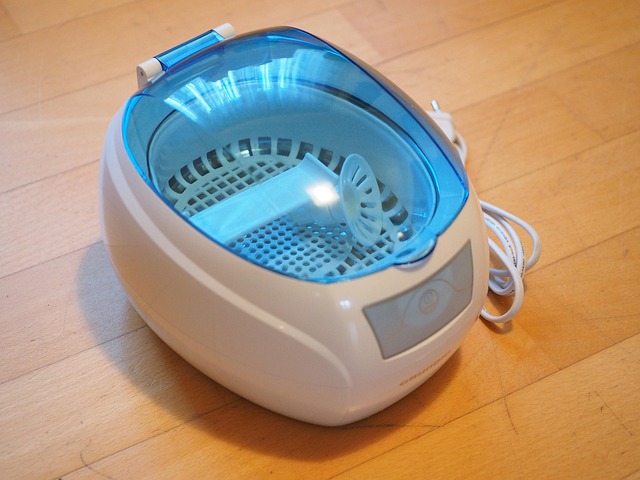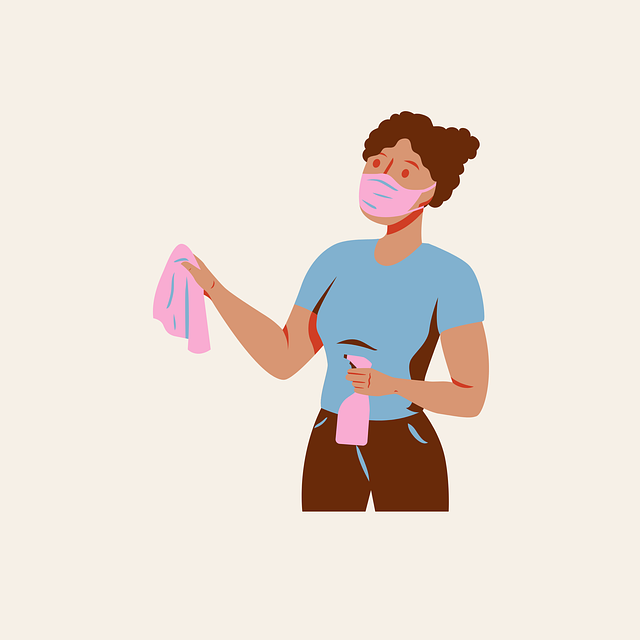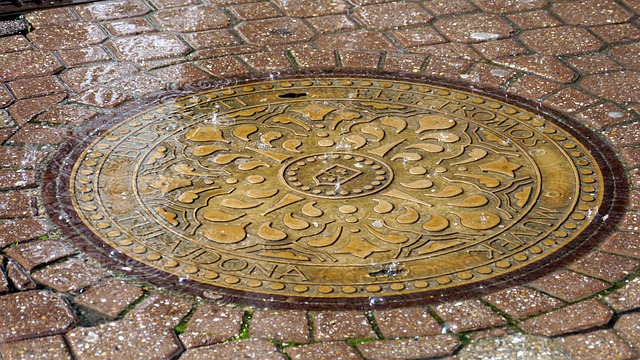Chemical drain cleaners, though effective, pose risks of pipe damage and harmful fumes if misused. A safer, natural alternative using baking soda and vinegar offers a powerful yet eco-friendly solution to clear clogs without damaging pipes or the environment. This method leverages the fizzing reaction between the two ingredients to break down grease, hair, and other obstructions, while vinegar's acidity dissolves mineral deposits. For severe blockages, chemical cleaners are recommended as a last resort due to their potency, but for regular maintenance and mild clogs, baking soda vinegar is an ideal, sustainable option.
Tired of clogged drains? While chemical drain cleaners offer quick relief, they should be used cautiously due to their potency. This guide explores effective alternatives and safe practices for unclogging drains at home. Discover the power of natural solutions like baking soda and vinegar, learn when to reach for chemicals, and get expert tips on combining ingredients wisely for clean, clear drains without the hazards.
- Understanding Chemical Drain Cleaners: The Basics
- Baking Soda and Vinegar: A Natural Alternative
- When to Use Chemical Cleaners and Safety Precautions
- Effective Drain Cleaning Tips: Combining Chemicals Wisely
Understanding Chemical Drain Cleaners: The Basics

Chemical drain cleaners are powerful substances designed to clear clogs and remove stubborn buildup in drains. While they can be effective, it’s crucial to understand their composition and potential risks before use. These cleaners typically contain corrosive chemicals like sodium hydroxide (lye) or sulfuric acid, which can dissolve hair, grease, and other debris blocking the drain. However, overuse or improper application may lead to pipe damage, leaks, and even harmful fumes.
An alternative, safer approach involves using natural ingredients like baking soda and vinegar. Baking soda reacts with vinegar to create a foaming mixture that can dislodge clogs. This method is eco-friendly, non-toxic, and cost-effective. By combining 1/2 cup of baking soda and 1 cup of vinegar, you can create a powerful cleaner that’s gentle on pipes and the environment.
Baking Soda and Vinegar: A Natural Alternative

Baking soda and vinegar are natural ingredients that can be an effective and safer alternative to chemical drain cleaners. When combined, these substances create a fizzing reaction that helps to break down grease, hair, and other clogs. The acidic properties of vinegar help dissolve mineral deposits and buildup while the baking soda acts as a gentle abrasive, scrubbing away stubborn debris.
Using baking soda and vinegar is simple and cost-effective. You can mix equal parts of each ingredient in a bowl and pour the mixture down your drain. Alternatively, fill a bottle with the solution and spray it directly into the clog. This method is environmentally friendly and reduces the risk of exposure to harmful chemicals. Plus, it’s a great way to avoid potentially dangerous fumes often associated with commercial chemical cleaners.
When to Use Chemical Cleaners and Safety Precautions

When to Use Chemical Cleaners:
While natural remedies like baking soda and vinegar are excellent for mild clogs and routine maintenance, chemical drain cleaners have their place in tackling stubborn or severe blockages. These commercial products are designed to dissolve hard-to-break-down substances, such as grease, hair, and mineral deposits, that natural cleaning agents might not effectively remove. They can quickly clear significant obstructions, ensuring smooth drainage. However, it’s crucial to understand that chemical cleaners should be a last resort due to their potency.
Safety Precautions:
Given their corrosive nature, chemical drain cleaners require utmost caution. Always wear protective gear, including gloves and eye protection, to minimize skin and eye contact. Ensure proper ventilation in the area to avoid inhaling harmful fumes. Never mix these chemicals with other substances, especially bleach, as it can produce toxic gases. Keep them out of reach of children and pets. In case of accidental exposure or if symptoms persist after use, immediately seek medical attention. Opting for safer alternatives first and understanding when to apply chemical cleaners is key to maintaining a healthy and efficient plumbing system.
Effective Drain Cleaning Tips: Combining Chemicals Wisely

Combining popular natural remedies like baking soda and vinegar can be an effective and safer alternative for clearing clogs. Start by pouring 1/2 cup of baking soda down the drain followed by 1 cup of vinegar. This mixture will create a fizzing reaction, helping to break down any buildup in your pipes. Let it sit for about 30 minutes, then flush with hot water. The acidity of the vinegar and the abrasive properties of baking soda work together to dislodge stubborn clogs without resorting to harsh chemicals.
Remember, while this method is gentle on pipes and the environment, it may not be as potent as commercial cleaners for heavy blockages. For persistent or severe clogs, consider other options or seek professional assistance.
